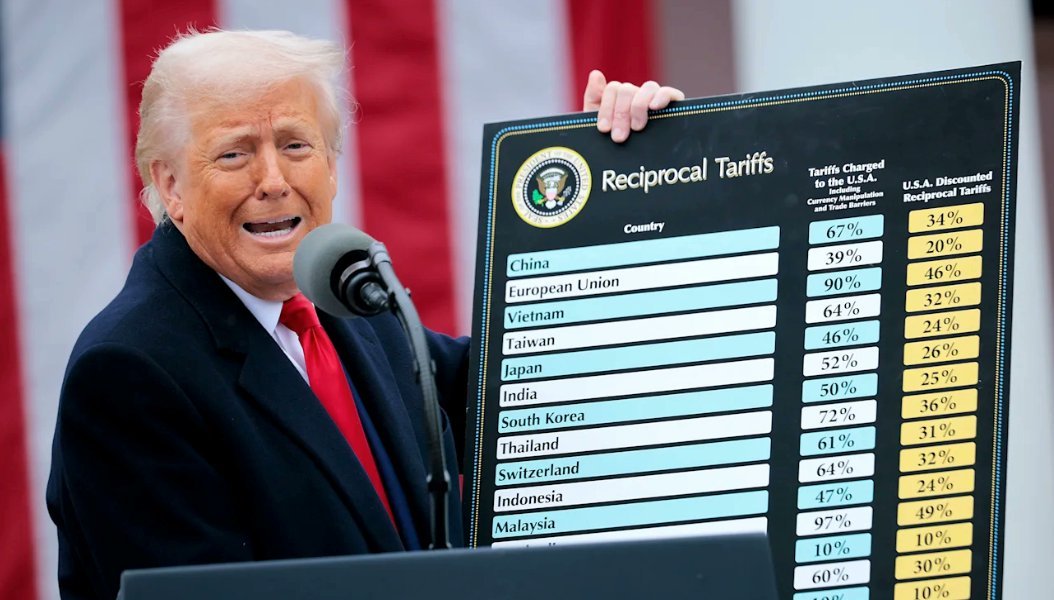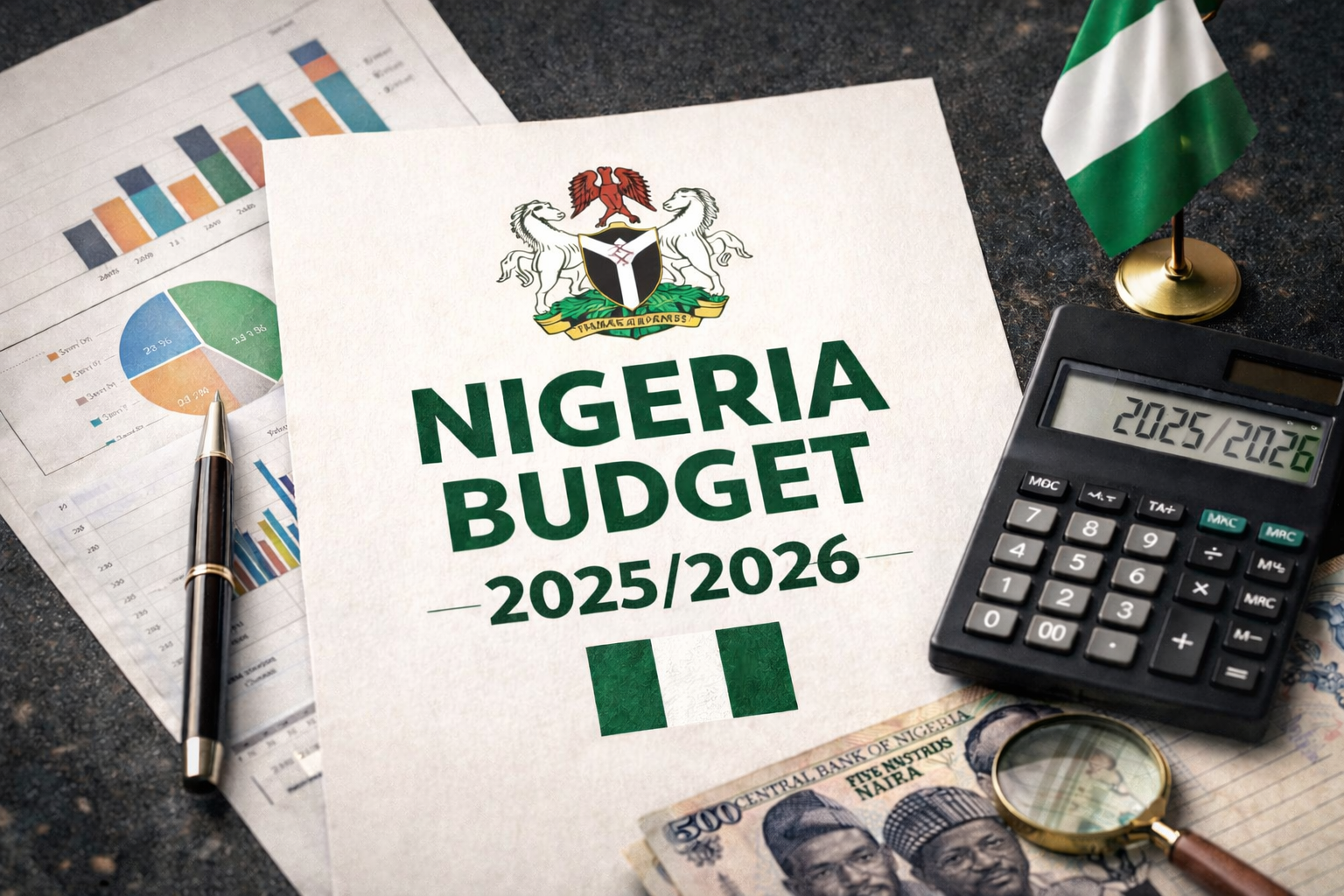Nigeria has achieved a 67% reduction in crude oil theft over the past 12 months, a milestone described as a potential game-changer for both the nation’s economic stability and its energy future. This is according to fresh data from the Africa Energy Council, which shows that daily oil theft fell from 15,000 barrels per day (b/d) in 2024 to just 5,000 b/d by February 2025.
This progress builds on a longer-term turnaround, with the Council noting that Nigeria has cut oil theft by 90% since 2018, when the country was losing a staggering 150,000 barrels per day to criminal networks and vandalism.
What’s Driving the Progress?
The Africa Energy Council attributed the turnaround to a concerted government crackdown, including:
- Repairing 677 vandalized pipeline points.
- Destroying 4,124 illegal refineries.
- Dismantling 1,861 illegal pipeline connections.
- Seizing and destroying 1,897 vessels caught transporting stolen crude.
These efforts were further intensified with the launch of Operation Delta Sanity II on December 30, 2024 — a joint operation designed to enhance aerial surveillance and deepen collaboration between security agencies. According to the Council, the mission’s priority is safeguarding all oil and gas assets within Nigeria’s energy landscape.
“This intensified operation will guide our security strategy before the end of Q1 2025,” the Council added.
Progress But Not Victory: LNG Sector Still Bleeding
Despite the positive news, the broader energy outlook remains mixed. Philip Mshelbila, CEO of Nigeria LNG (NLNG), warned at a recent industry event in Abuja that pipeline vandalism continues to cripple Nigeria’s gas exports.
Currently, only two out of NLNG’s six processing trains are operational, due to severe damage to critical pipelines that supply feedstock to the plant. This persistent disruption, Mshelbila cautioned, risks undermining Nigeria’s ability to meet rising global demand for LNG, a serious blow for a country positioning gas as a pillar of its future energy strategy.
What It Means for Nigeria’s Economy and Energy Future
As Christine Wallop, a global energy analyst, put it:
“Given Nigeria’s remarkable 67% reduction in oil theft over the past 12 months, what implications does this hold for the nation’s economic resilience, energy security, and its role in shaping sustainable resource governance in Africa?”
The answer may depend on Nigeria’s ability to maintain this progress and apply lessons learned from oil sector security to the country’s natural gas infrastructure, which is fast becoming a critical revenue source.
Production Targets: Can Nigeria Hit 2.6mbpd by 2026?
On the crude oil front, Nigeria’s recent security gains are already boosting production. According to the Africa Energy Council, Nigeria’s output has risen by 30% since January 2024, reaching 1.5 million barrels per day (mbpd) — aligning with its OPEC quota. The target is to raise production to 2.0 mbpd by December 2025 and further to 2.6 mbpd by 2026.
However, with pipeline vandalism still crippling the gas sector, there’s growing concern that without a broader security architecture that protects both oil and gas infrastructure, the hard-won gains in the crude sector could prove fragile.
Beyond Security: Sustainable Governance and Community Engagement
Nigeria’s success in cutting oil theft is a bright spot, but many experts say it must be linked to sustainable governance reforms, ensuring that revenues from recovered crude actually fund development projects in host communities, helping to reduce the economic desperation that fuels pipeline vandalism and illegal refining in the first place.
If Nigeria can translate security gains into stronger governance and broader economic benefits, it could emerge as a regional leader in sustainable resource management, offering a playbook for other African oil-producing nations battling similar challenges.
Progress with a Warning Label
The Africa Energy Council’s data paints a cautiously optimistic picture. Oil theft is down, production is up, and security is tightening. Yet, the situation in the gas sector serves as a stark reminder that theft and vandalism remain existential threats to Nigeria’s energy economy. Without a comprehensive approach to protect all energy assets, bolster community trust, and improve governance, the current oil success story may prove short-lived.


























